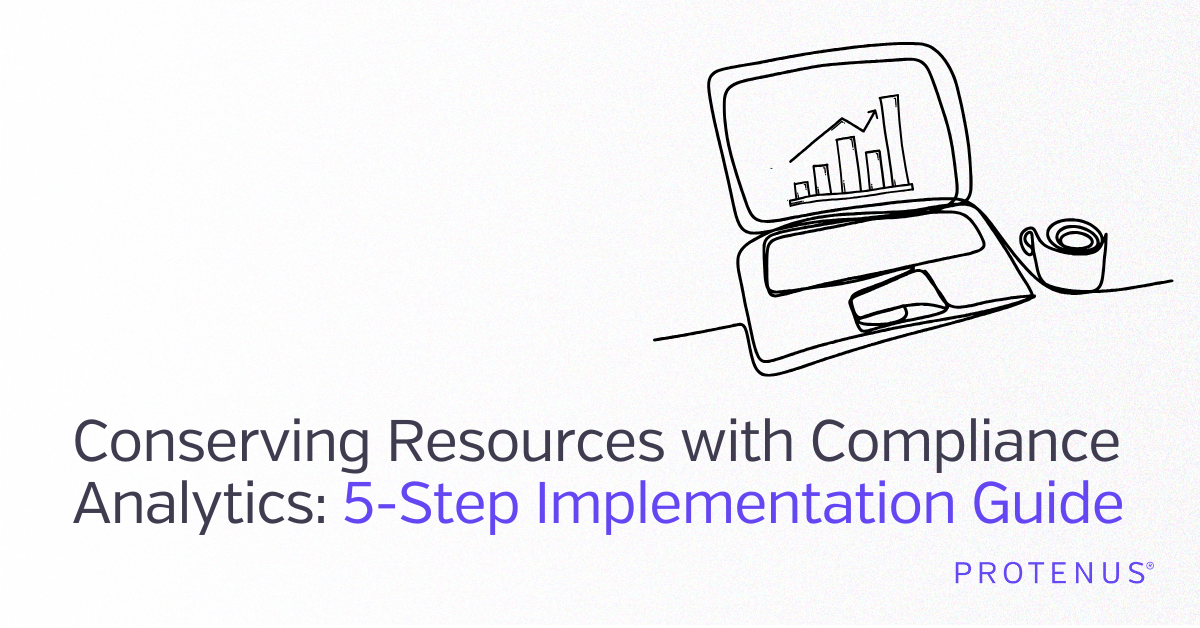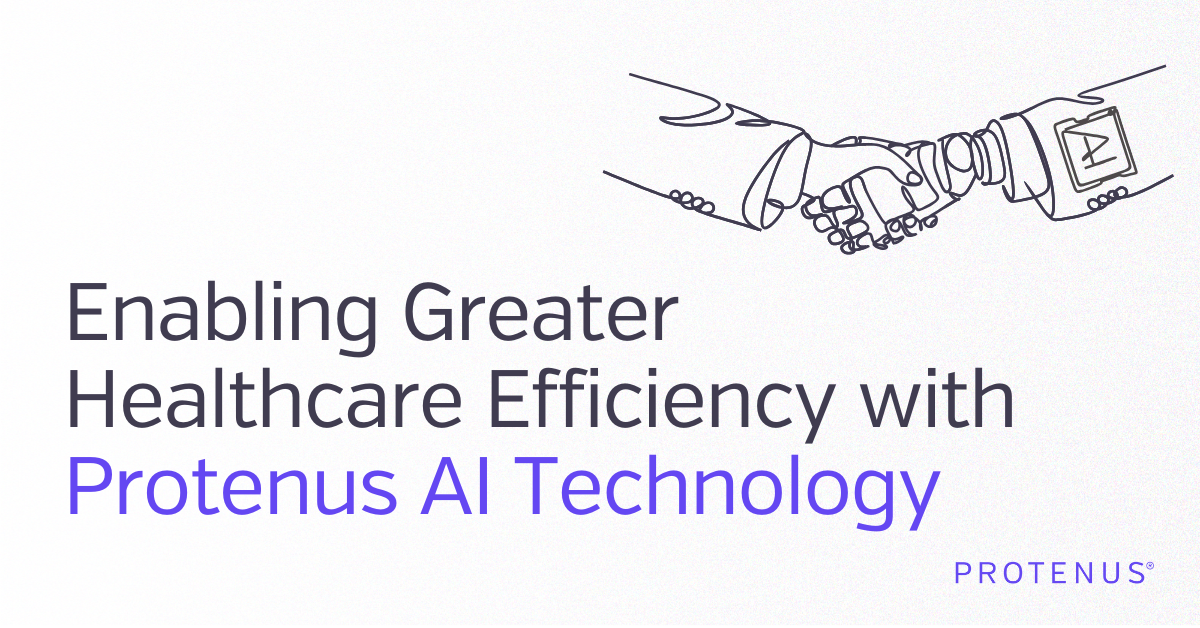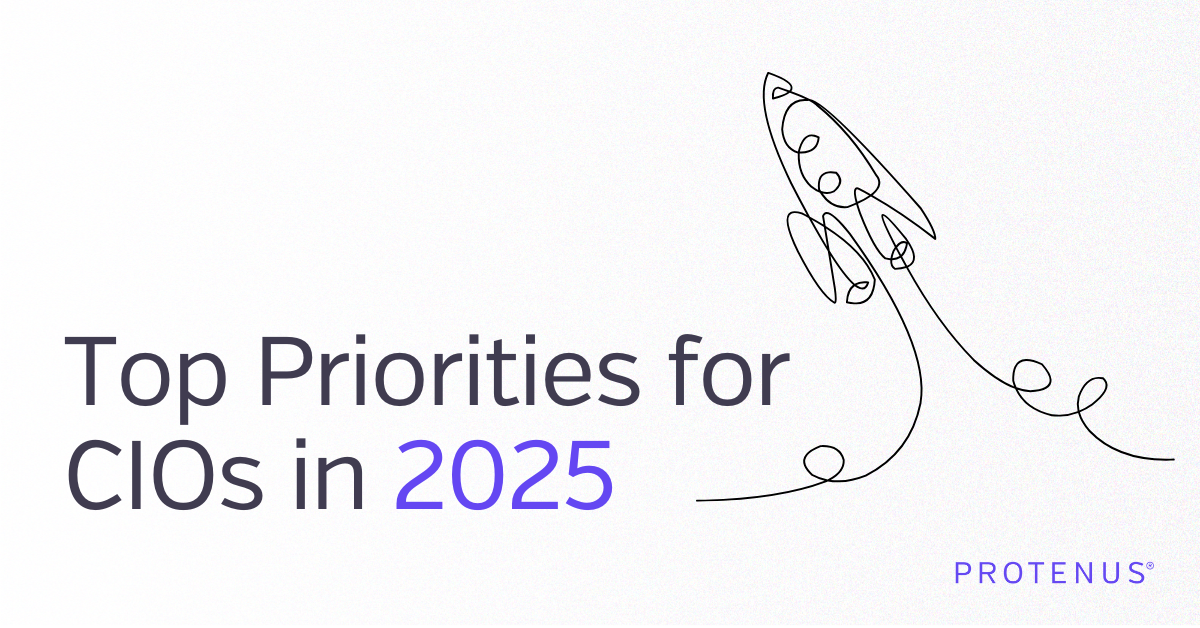Share this

Navigating the Aftermath: Insights for Healthcare Leaders Post-Breach
by Madelyn Van Wyk on October 22, 2024
Health data breaches have become a familiar reality, with new incidents reported regularly that affect countless individuals and healthcare organizations globally. These incidents can lead to significant financial losses (for the healthcare organization and patients), compromised personal information, and a breach of trust. While protecting patient privacy by preventing such incidents is always the goal, knowing how to effectively respond when they occur is equally critical. A well-organized and comprehensive response plan can make all the difference in restoring trust after a crisis.
It goes without saying that It is essential that each healthcare organization be aware of, and follow, the Department of Health and Human Services Breach Notification Rule. Requirements of the rule indicate that following a breach of unsecured PHI, “covered entities must provide notification of the breach to affected individuals, the Secretary, and, in certain circumstances, to the media. In addition, business associates must notify covered entities if a breach occurs at or by the business associate.”
The content of this blog is intended for additional considerations that may further support your compliance processes, and does not replace or redefine the HHS guidance. Always refer to HHS OCR guidance, as well as your state regulations to ensure compliance.
Rebuilding Morale: Fostering Trust Among Patients and Employees
Experiencing a data breach can severely undermine morale among both patients and employees, as it shakes the foundation of trust necessary for any organization’s success. To efficiently recover from such an event, healthcare leaders should focus on these crucial areas when defining their processes to mitigate concerns:
- Communication: It's essential to maintain appropriate lines of communication with all stakeholders involved. Depending on the level of breach or your compliance regulations, consider processes that keep patients and employees informed with transparent updates about the nature of the breach, its impact, and the ongoing measures for its resolution is essential. This level of honesty may help in clarifying misconceptions and plays a critical role in rebuilding the trust that was impacted.
- Empowering Through Employee Training: Employees are the frontline defenders of patient privacy. Comprehensive training programs, workshops, or reviewing de-identified real-world examples can be implemented to equip all staff members with the knowledge and skills necessary to protect sensitive data. Empowered employees are more likely to adhere to protocols and recognize potential threats before they escalate.
- Reinforce Privacy and Security Measures: Following a breach, it's vital to review and strengthen your privacy and security protocols. Conducting thorough audits, investing in advanced cybersecurity technology, patient privacy monitoring analytics and updating existing systems are crucial steps. Not only does this help protect against future incidents, but it also demonstrates to stakeholders the organization's commitment to safeguarding their data. Notably, healthcare IT spending has increased by 13.9% in 2022, highlighting the industry's focus on improving security (source: Becker's Hospital Review). This increase in spending underscores the importance of prioritizing robust security measures across all sectors to ensure data protection and trust.
Proactive measures and clear communication are essential in restoring confidence and ensuring long-term resilience, especially during challenging times. By implementing strategic actions and maintaining open lines of dialogue, organizations can better navigate uncertainties and strengthen their foundations for future growth and stability.
Building a Culture of Privacy in Healthcare Organizations
In the healthcare industry, sensitive patient information is central to daily operations, making the development of a privacy culture not only a compliance obligation, but also a strategic necessity. After a breach, it's crucial to reassess your organization's values and processes. Consider incorporating the following elements into the foundation of your organization:
- Leadership Commitment: The journey towards a privacy-first culture begins at the top. Leadership must visibly prioritize privacy as a core value, setting the tone for the entire organization. This involves not only establishing robust privacy policies, but also demonstrating consistent commitment through actions. Leaders should actively participate in privacy initiatives, reinforcing the message that patient confidentiality is paramount.
- Aligning Privacy with Organizational Values: Privacy should be seamlessly integrated into the organization’s core values and ethics. This alignment ensures that privacy is not viewed as an isolated obligation, but as an integral part of the organizational mission. A culture that values privacy fosters an environment where every employee feels a personal responsibility to uphold these standards, thereby enhancing ethical conduct.
- Leveraging AI-Driven Patient Privacy Monitoring Solutions: Integrating advanced AI-driven solutions like, Protenus' Patient Privacy Monitoring solution, can revolutionize your approach to healthcare data security and patient privacy. Solutions like these provide real-time oversight of data access and usage, identifying potential threats by analyzing patterns that suggest inappropriate access. Leverage technology to swiftly respond to anomalies, ensuring robust protection of patient information all day, every day.
Healthcare organizations can embrace these elements to build a resilient culture of privacy that meets regulatory requirements and strengthens trust among patients and employees. A Ponemon Institute report highlights that data breaches can erode patient trust and increase costs for healthcare providers, emphasizing the need to safeguard patient information. Protecting patient privacy isn't just a regulatory requirement—it’s a moral obligation that maintains the trust patients have in their healthcare providers. (Source: Ponemon Institute, "The Impact of Data Breaches on Reputation and Share Value," 2017)
An Opportunity for Growth
A health information data breach can be daunting, but it’s also a chance to strengthen your organization's commitment to security and privacy. By using our Protenus Patient Privacy Monitoring solution, healthcare organizations can proactively manage privacy risks and better protect their patients. This approach, coupled with strategies for rebuilding trust and fostering a culture of privacy, enhances morale and establishes a privacy-focused organization.
Remember, the true cost of a breach is not just in financial terms but in the trust of those you serve. Restoring confidence in your organization requires decisive and transparent actions, along with a steadfast commitment to safeguarding the information of patients who entrust it to you.
Share this
- December 1, 2024 (3)
- November 1, 2024 (1)
- October 1, 2024 (2)
- September 1, 2024 (1)
- August 1, 2024 (1)
- July 1, 2024 (1)
- June 1, 2024 (1)
- May 1, 2024 (1)
- March 1, 2024 (2)
- February 1, 2024 (3)
- January 1, 2024 (1)
- December 1, 2023 (1)
- November 1, 2023 (3)
- October 1, 2023 (3)
- September 1, 2023 (1)
- August 1, 2023 (1)
- July 1, 2023 (2)
- April 1, 2023 (1)
- March 1, 2023 (1)
- February 1, 2023 (1)
- December 1, 2022 (3)
- November 1, 2022 (3)
- October 1, 2022 (1)
- September 1, 2022 (1)
- August 1, 2022 (2)
- June 1, 2022 (4)
- May 1, 2022 (5)
- April 1, 2022 (1)
- March 1, 2022 (4)
- February 1, 2022 (3)
- November 1, 2021 (2)
- October 1, 2021 (3)
- September 1, 2021 (3)
- August 1, 2021 (3)
- July 1, 2021 (4)
- June 1, 2021 (2)
- May 1, 2021 (2)
- April 1, 2021 (2)
- March 1, 2021 (5)
- February 1, 2021 (1)
- January 1, 2021 (1)
- December 1, 2020 (1)
- November 1, 2020 (2)
- October 1, 2020 (2)
- September 1, 2020 (3)
- August 1, 2020 (2)
- July 1, 2020 (2)
- June 1, 2020 (6)
- May 1, 2020 (3)
- April 1, 2020 (4)
- March 1, 2020 (2)
- February 1, 2020 (4)
- January 1, 2020 (2)
- December 1, 2019 (2)
- November 1, 2019 (1)
- October 1, 2019 (1)
- September 1, 2019 (1)
- August 1, 2019 (1)
- June 1, 2019 (1)
- April 1, 2019 (1)
- February 1, 2019 (1)
- January 1, 2019 (1)
- December 1, 2018 (2)
- November 1, 2018 (2)
- October 1, 2018 (2)
- September 1, 2018 (3)
- August 1, 2018 (1)
- July 1, 2018 (2)
- June 1, 2018 (2)
- May 1, 2018 (1)
- April 1, 2018 (1)
- March 1, 2018 (2)
- February 1, 2018 (6)
- January 1, 2018 (2)
- September 1, 2017 (2)
- August 1, 2017 (2)
- June 1, 2017 (2)
- May 1, 2017 (1)
- April 1, 2017 (1)
- March 1, 2017 (2)
- February 1, 2017 (5)
- January 1, 2017 (2)
- December 1, 2016 (3)
- November 1, 2016 (5)
- October 1, 2016 (4)
- September 1, 2016 (8)
- August 1, 2016 (4)
- July 1, 2016 (4)
Subscribe by email
You May Also Like

Conserving Resources with Compliance Analytics: A 5-Step Implementation Guide

Enabling Greater Healthcare Efficiency with Protenus AI Technology

.png?width=1000&height=140&name=Bluesight%20%2B%20Protenus%20Logo%20%20(1).png)

